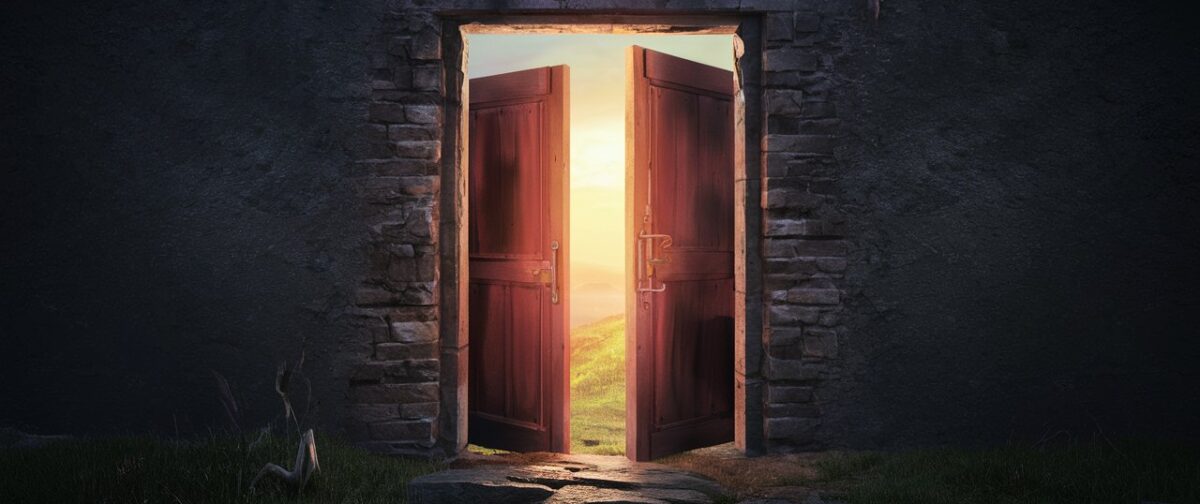
Leah the Hamster lived in a terrarium full of gerbils.
And everyday, she felt different. She looked like a hamster, behaved like a hamster, thought like a hamster. When she was a pup, her mother used to tell her, “You don’t think like them. Be careful. You may misunderstand their cues and get yourself in trouble.”
And so, she grew up always scared. Scared that she couldn’t understand or relate to the gerbils around her. Every time she talked with the gerbils, she was afraid she might misunderstand something and get herself in trouble. And some days, some gerbils would make fun of her for being different.
So, she mostly stayed in her den with her toys, worried that any gerbil she talked to would hurt her.
But one day, she got fed up with being home and decided to approach a few new gerbils who had just been brought into the terrarium.
She told them, “I’m sorry. I feel so nervous talking with you. I feel like I am messing up. I just wish to have a pleasant conversation, but I don’t always understand you gerbils and how you think,” afraid that they would gnaw their teeth at her and scurry away.
But instead, this encouraged them to also share how they felt: how they felt out of place in this new community and how they were constantly messing up.
They formed a group of friends who could relate to feeling different from everyone else and slowly helped the others in their community who always fit in to understand their own feelings in the moments they didn’t quite belong. Through this, they built a more accepting community together.
She learned a valuable lesson that day: that being genuine about how she feels to others allows them to relate to her and encourages them to reflect on and be honest about their own feelings. Feeling different forced her to turn inward and understand her feelings in a way that the normal gerbils that fit in did not have to. This was a gift she brought to others around her.





